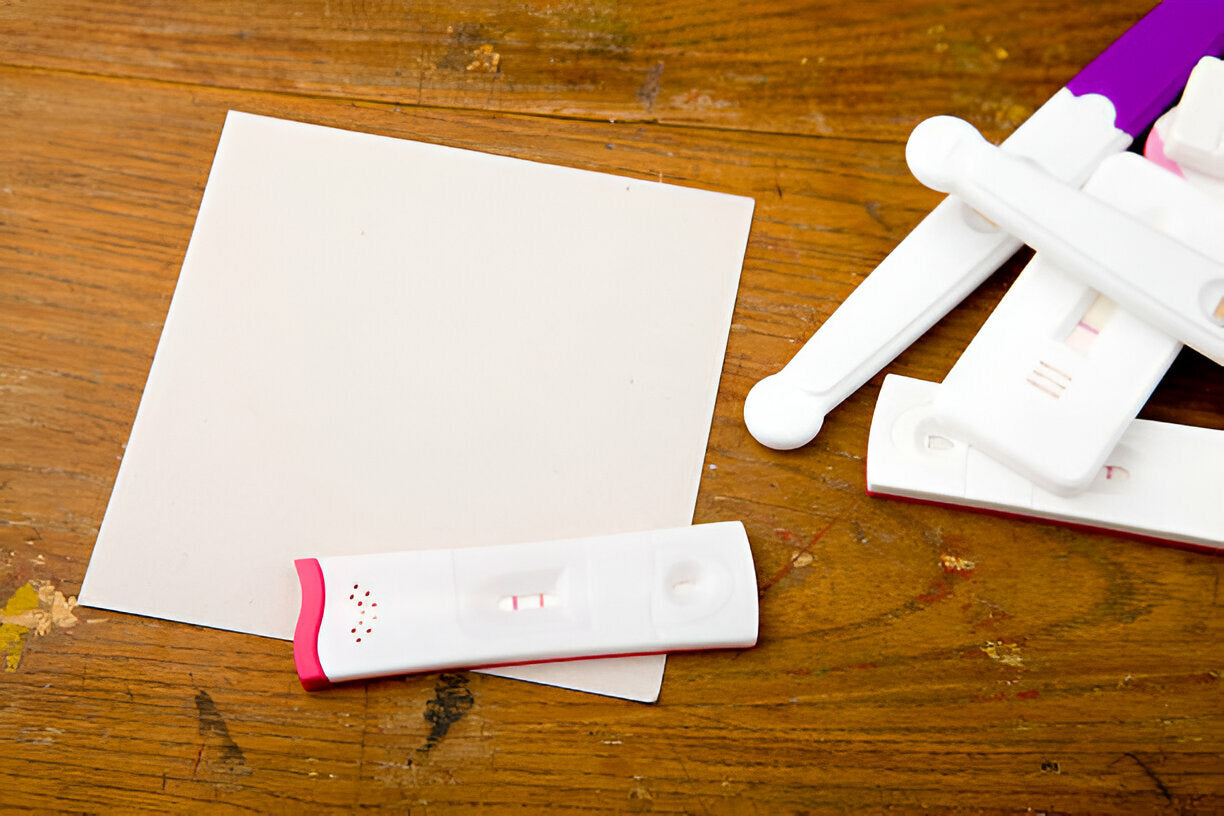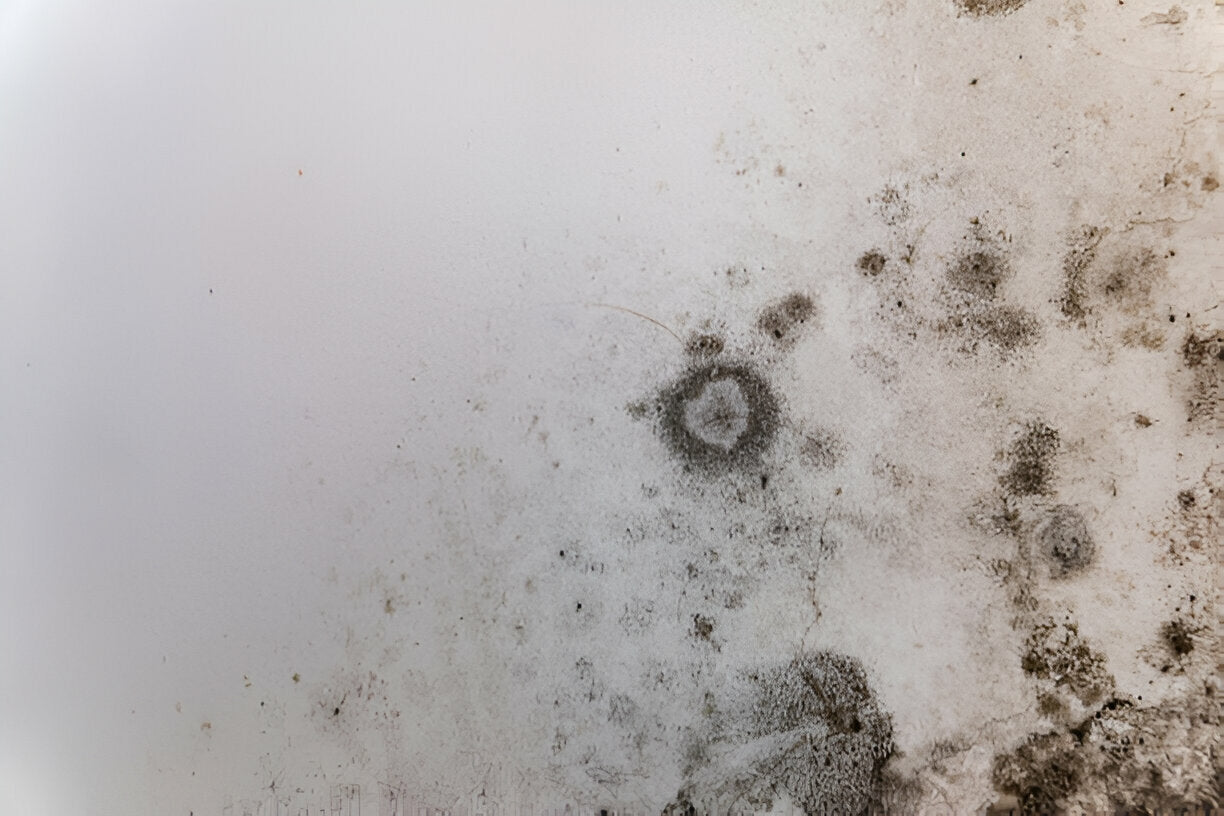The Dangers of Mold Exposure During Pregnancy: Protecting Your Health and Your Baby
Pregnancy is a time of joy and anticipation, but it also brings heightened awareness of potential risks to maternal and fetal health. Among these risks is exposure to dangerous molds, such as black mold (“Stachybotrys chartarum”), as well as significant amounts of mold in general. These exposures can have serious implications for both the expecting mother and her developing baby. This blog delves into how mold exposure can impact pregnancy, including its ability to cross the placenta and affect the fetus, and how MycoTest’s DIY mold testing kits can empower families to safeguard their homes.
Understanding Dangerous Molds
Molds thrive in damp and humid environments, often resulting from water damage, leaks, or poor ventilation. Black mold, along with other dangerous molds, produces mycotoxins—toxic compounds that can cause a variety of health issues when inhaled, ingested, or absorbed through the skin. While exposure is a concern for everyone, pregnant individuals face unique risks due to the potential for mycotoxins to affect the developing fetus.
How Mold Can Impact Pregnancy
Research indicates that mycotoxins from black mold and significant mold exposure can enter the mother’s bloodstream through inhalation or skin contact. Once in the bloodstream, these toxins can cross the placenta—the critical organ that nourishes and protects the fetus. Here’s how this process occurs:
-
Placental Permeability: The placenta acts as a filter, allowing nutrients and oxygen to pass to the fetus while blocking harmful substances. However, mycotoxins are small enough to breach the placental barrier, potentially reaching the developing baby.
-
Impact on Fetal Development: Once inside the fetal environment, mycotoxins can disrupt cellular processes. This exposure may contribute to developmental delays, low birth weight, or other complications.
-
Maternal Immune Response: Mold exposure can also weaken the mother’s immune system, making her more susceptible to infections that may indirectly affect pregnancy outcomes.
Symptoms of Mold Exposure During Pregnancy
For expecting mothers, the symptoms of mold exposure can vary but often include:
-
Respiratory issues (wheezing, coughing, or difficulty breathing)
-
Skin irritation or rashes
-
Chronic fatigue
-
Nausea or headaches
-
Heightened sensitivity to allergens
If you’re experiencing these symptoms and suspect mold in your environment, addressing the issue promptly is crucial for your health and your baby’s well-being.
How to Protect Yourself and Your Baby
The first step in protecting your family is identifying whether mold is present in your home. MycoTest’s DIY mold testing kits are designed to make this process simple, affordable, and reliable. Here’s how they can help:
-
Convenience: Collect samples in the comfort of your home without the need for costly professional inspections.
-
Speed: Receive lab results within one day of the sample’s arrival, ensuring you can act quickly.
-
Expert Guidance: MycoTest offers a free 10-minute follow-up call to discuss your results and the next steps.
What to Do If Your Mold Test Is Positive
A positive test result doesn’t mean you’re out of options. MycoTest connects clients with in-network professionals specializing in mold remediation, HVAC, plumbing, leak detection, and more. For added support, MycoTest also offers protocol writing and virtual consulting services, helping you develop a customized plan to address mold issues effectively.
Final Thoughts
Pregnancy is a time to focus on creating a safe and healthy environment for your growing family. Dangerous mold exposure, including significant amounts of mold, is a serious concern, but with proactive steps like mold testing and remediation, you can minimize risks and protect your loved ones.
Order your MycoTest DIY mold testing kit today and take the first step toward a safer home for you and your baby.






